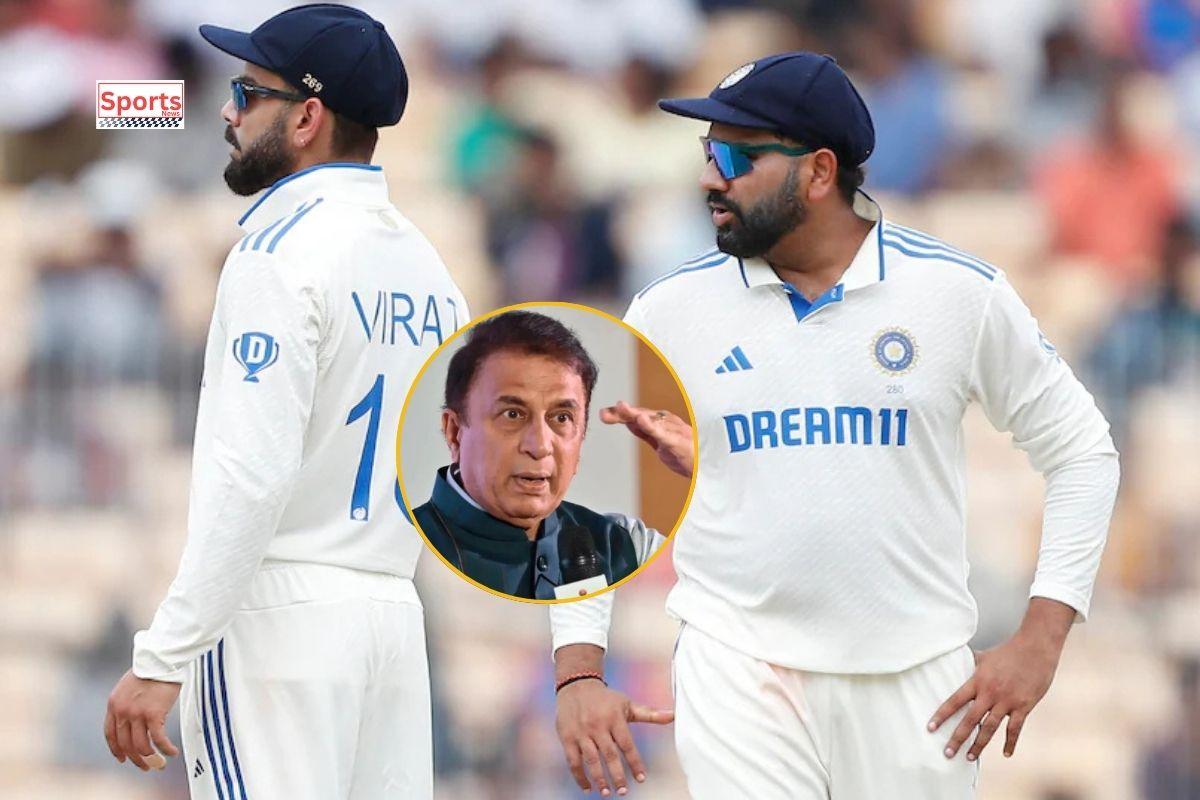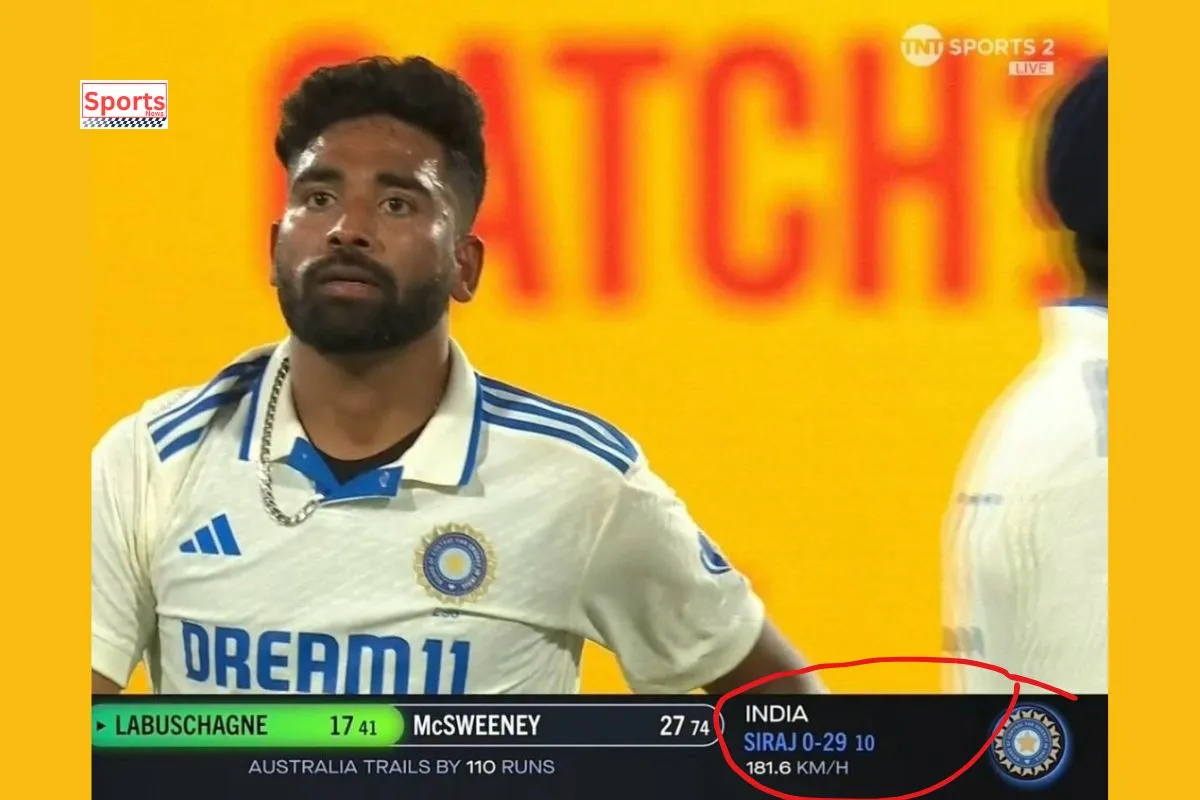Explore Aakash Chopra’s revealing insights into the controversial chapters of Pakistan cricket, including match-fixing scandals and current team dynamics.
In recent discussions and YouTube videos, former Indian cricketer Aakash Chopra has delved into some of the most controversial aspects of Pakistan cricket. His insights have sparked significant conversations among cricket enthusiasts, especially regarding match-fixing scandals and the current state of the Pakistan cricket team. This article explores these revelations, the historical context of controversies in Pakistan cricket, and the implications for the future.
Historical Context: Match-Fixing Scandals

Pakistan cricket has faced numerous controversies over the years, with match-fixing scandals being one of the most damaging. The infamous 2010 spot-fixing scandal during the Test series against England is a prime example. Key players like Salman Butt, Mohammad Amir, and Mohammad Asif were implicated in a scheme to deliberately underperform in exchange for money from bookmakers.
Key Events in Match-Fixing History
- 1990s: The beginning of widespread allegations regarding match-fixing in Pakistan cricket.
- 2010 Spot-Fixing Scandal: A turning point that led to bans for several players and a significant loss of credibility for Pakistan cricket.
- Recent Allegations: Aakash Chopra has highlighted ongoing issues within the PCB (Pakistan Cricket Board) that suggest a lack of accountability and transparency.
Aakash Chopra’s Insights
In his recent videos and social media interactions, Aakash Chopra has not shied away from addressing these controversies head-on. His comments have ranged from critiques of player performance to broader concerns regarding the management of Pakistan cricket.
Key Points Raised by Aakash Chopra
- Performance Issues: After Bangladesh’s historic win against Pakistan in August 2024, Chopra humorously remarked that “Pakistan cricket is a gift that keeps giving,” indicating ongoing struggles within the team.
- Critique of Management: He has pointed out that the PCB often fails to hold players accountable for their performances, which can lead to repeated failures on international stages.
- Cultural Factors: Chopra also touched upon how cultural attitudes towards accountability and professionalism can impact performance and governance in Pakistani cricket.
read more: Radha Yadav Claims Best Fielder Award in India vs. Sri Lanka Women’s T20 World Cup Match
Current Controversies in ICC World Cup 2023
As the ICC World Cup 2023 unfolds, discussions around pitch conditions and tournament management have taken center stage. Former Pakistani cricketer Mohammad Hafeez raised questions about whether the tournament is being organized by the ICC or influenced heavily by BCCI (Board of Control for Cricket in India).
Hafeez vs. Chopra: The Pitch Debate
- Hafeez’s Claims: He argued that discrepancies in pitch conditions could point to undue influence from BCCI. His comments gained traction as he shared images showing differences between pitches used for different matches at the same venue.
- Chopra’s Response: In a detailed explanation, Aakash Chopra clarified that variations in pitch behavior are common due to differing soil compositions. He emphasized that such differences do not necessarily indicate manipulation but rather reflect natural variations in pitch preparation.
Social Media Reactions
The discussions surrounding these controversies have ignited a flurry of reactions on social media platforms:
- Support for Chopra: Many fans praised his analytical approach and ability to contextualize complex issues within Pakistan cricket.
- Criticism of Hafeez: Some users criticized Hafeez for what they perceived as unfounded claims about pitch conditions, arguing that he should focus on team performance instead.
Implications for Pakistan Cricket
The ongoing controversies highlighted by Aakash Chopra raise several important questions about the future of Pakistan cricket:
Need for Reform
- Accountability: There is an urgent need for reforms within the PCB to ensure greater accountability among players and management.
- Transparency: Improved transparency regarding financial dealings and player contracts could help restore faith among fans and stakeholders.
Cultural Shift
- Professionalism: Emphasizing professionalism at all levels—from grassroots to international—could help cultivate a more competitive environment.
- Youth Development: Investing in youth programs can help nurture future talent while instilling a sense of responsibility and professionalism early on.
Conclusion
Aakash Chopra’s revelations about the controversial chapters of Pakistan cricket serve as a wake-up call for fans, players, and administrators alike. The historical context of match-fixing scandals combined with current debates surrounding tournament management underscores the need for significant reforms within the PCB. As discussions continue to evolve, it remains crucial for stakeholders to address these issues head-on to secure a brighter future for Pakistani cricket.
By engaging with these topics thoughtfully and critically, fans can contribute to a more informed dialogue about the challenges facing one of cricket’s most storied nations.
Discover more from RVCJ News Media
Subscribe to get the latest posts sent to your email.











